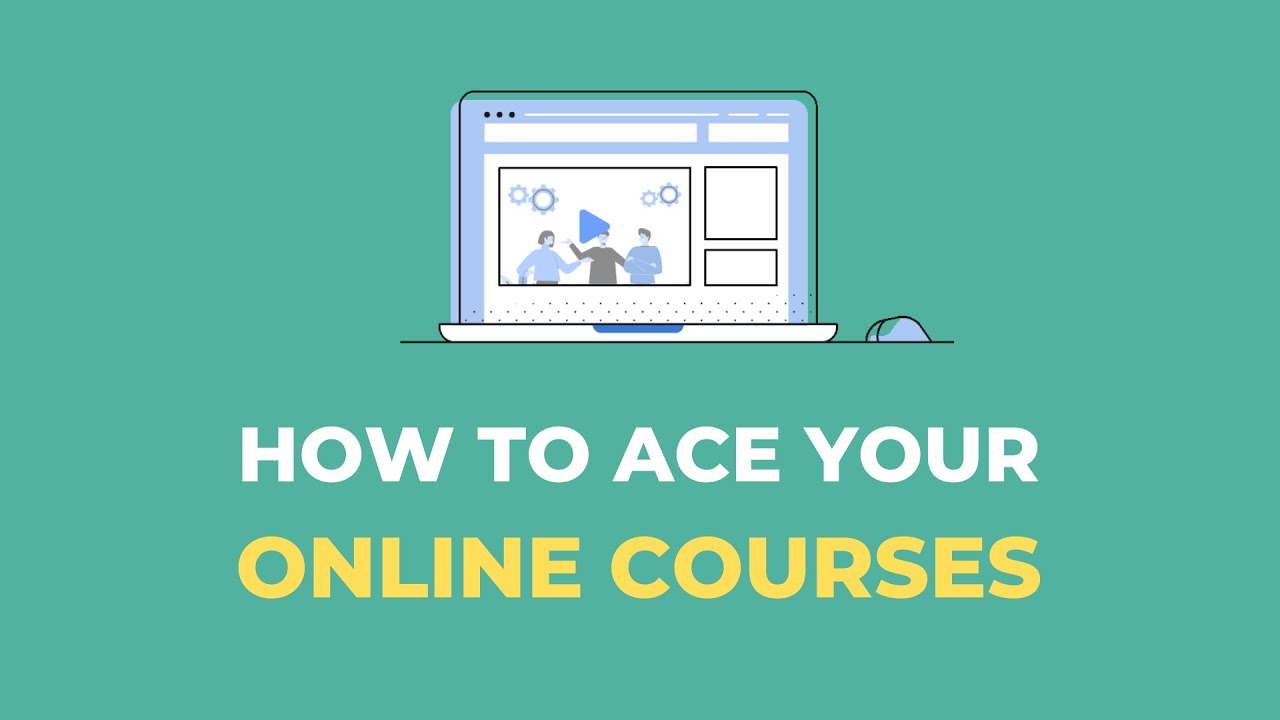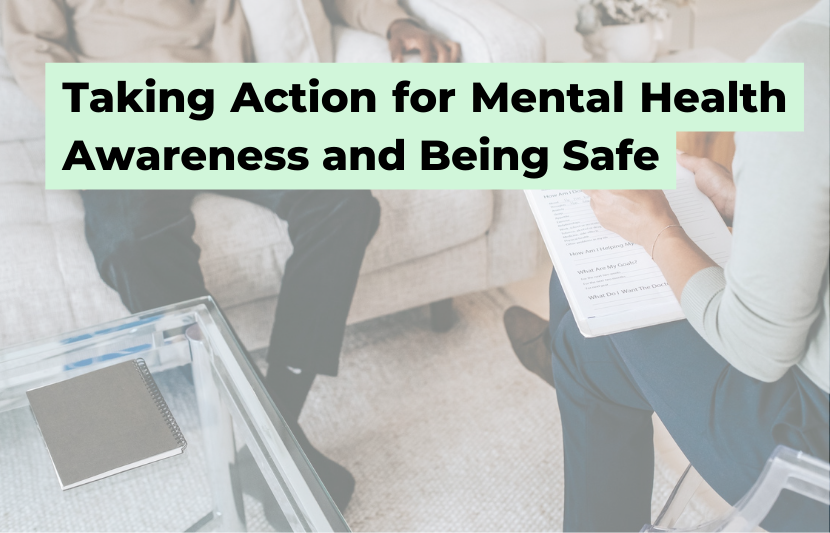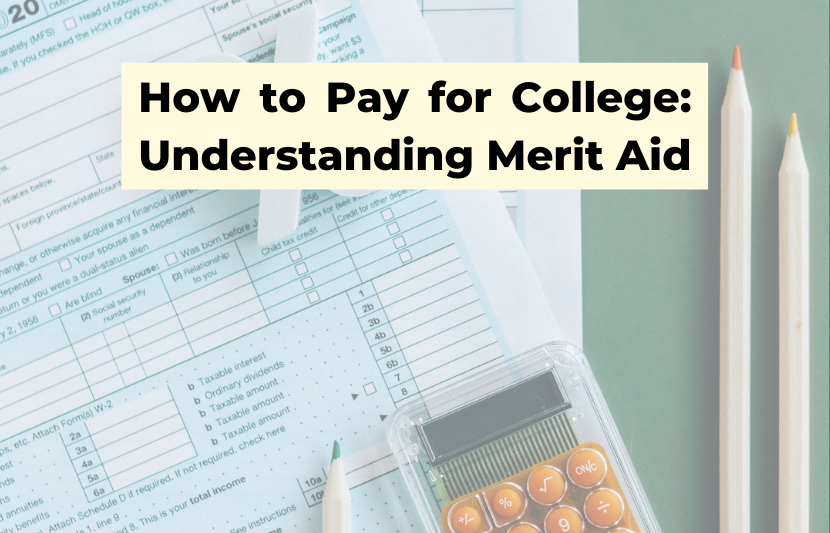In this episode of TUN TV, Dr. Crystal Rose interviews April Paris-Joseph, founder of Paris Educational Solutions, about the top 10 things most high school athletes do not know about playing sports in college.
Dr. Rose: Welcome to The University Network TV where we scan the globe to give students, their families, and educators the very best tips for student success. I’m your host today, Dr. Crystal Rose. In this college admission series, we’re exploring the college admission series about sports in college, “10 Things Most High School Athletes May Not Know About Playing Sports in College, Part 1.”
If you’re a high school athlete and you intend to play sports in college, this is for you. For this conversation, we’ve invited a very special guest, April Paris-Joseph of Paris Educational Solutions to explore this topic.
Welcome, April.
Paris-Joseph: Hi, Crystal. How are you doing today?
Dr. Rose: Today, we’re talking about high school students and the 10 things they may not know about playing sports in college. The first thing I have on the list is, athletes and the majors they choose. What are the correlations between these two?
Paris-Joseph: The students really need to ask this question of their coaches before they sign on the line and decide they’re going to a particular campus: What time is training? What time are the classes? Can I take any classes that I want? Will training work around my course schedule? Or do I have to work my course schedule around my training? It varies from school to school, and this is the point – you’ve got to know what you’re walking into.
I’ve been privy to conversations with coaches where the response was, “No, you will not be a pre-med major because your pre-med labs will be going to happen during the training. So, if you’re coming here, get that out of your head.” For a lot of families, I hope, for most that’s like, “Whoa, how’s that happen?”
I’ve also been – and that’s typically on the Division 1 level, not all Division 1, but some – and then, I’ve been in D3 conversations where the coaches say, “Yeah. Actually, I expect to hear from you that you have a conflict with training because I expect you to be doing research with your professors. I expect you to be involved with programming that may conflict with my training. And we’re just going to work it out. So, you’ll do your workout early or you’ll do your workout late. We’ll make it work.” So, they really need to know what’s going on and what’s the plan of the program they’ve selected.
Dr. Rose: Depending on the school, does playing a sport sometimes restrict your options for majors?
Paris-Joseph: Absolutely.
Dr. Rose: Next up on the list, I have time-driven sports versus the Division 1 plays.
Paris-Joseph: Yeah. There’s this whole – and this I will call mythology because we do build it up – this mythology around, D1 is the most competitive and D2, D3 and the NAIA are not. But it’s not always true in team sports, and it’s absolutely not the case with regard to time and data-driven sports.
So, here’s a great example and we think about those Division 1s because that’s what comes out – the elite eight, the final four, or the football championship – that’s what we’re all thinking about. But if you shift to track, for example, I can find you Division 1 programs with times that are slower than Division 3 programs. And I’ve had student-athletes who can’t get coach attention at Division 3 but are being courted happily by some Division 1 programs.
When you’re a data-driven sport, you really can just look at those numbers, look at the schools that suit you academically, and find the match. It’s not about the division in terms of any of that. You want to find where you feel competitive, where you can grow and where you’re going to be happy as a student and an athlete.
Dr. Rose: It’ll be more important for them to figure out where they feel comfortable and where they are a match at any given school, is that right?
Paris-Joseph: That’s right. So the other league that I don’t want to forget, that I think gets neglected from time to time, is the NAIA. And the NAIA offers both athletic and academic scholarships to their athletes. I just think people don’t think about it. That’s my thing with NAIA – we don’t think about it.
There are some great schools in NAIA with a lot of good opportunities. And I encourage all of my athletes to look across the four bands when they’re creating their initial list and to not get fixated on anyone for any particular reason. Because what you’re really looking for is the full package that works for you – the academics, the social, the financial and the athletic – and you can find that anywhere.
Dr. Rose: Perfect. The next one on the list is ability. What does one’s own ability really have to do with where they’re looking?
Paris-Joseph: Yeah. This is kind of the proverbial come-to-Jesus conversation. You really have to take a hard look at what level you are playing at now and what is your trajectory for growth by the time you’re at college, because college coaches are doing this. They’re projecting for it. They’re not recruiting you in your sophomore body or sophomore skill set. They’re anticipating physical growth, mental growth and skill growth.
Understanding what your trajectory is and how do you do that? Because we can. Athletes especially, I think because those are people with a particular amount of ego – and that’s not an insult guys, if anybody feels hurt by that – but there’s a desire to self-aggrandize a bit.
So, I really encourage the students to sit down with their coach – club coach, high school coach, both, if that’s available – and ask the hard questions: “Where am I at?” “How am I doing?” and “What trajectory do you see me on, in terms of where I can head?” And really take that to heart.
And then, do some of their own self-study and watch the film of college teams. We all love to watch professionals, but get in there and watch the league that you’re considering you want to play at. What does that look like? Do you really see yourself here? Or do you turn it on and go, “Whoa, wait a minute. That was a little scary.” Or maybe it’s like, “Wow, that’s it? That’s all they got?”
Whatever the case is, have a really honest conversation with yourself about: “Where do I fall? “Where can I be competitive?” Again, these students have to make a choice. Do you want to be a superstar like you’ve been in high school right out of the box? Or are you willing to work your way up for a few years? All of that has to come into play there.
Dr. Rose: It’s wonderful. The next topic I have is, career choices.
Paris-Joseph: I think this is a quorum and all. If you just look at the funnel – let’s just look – and I’ll give you one data point on the funnel just to help students understand right off the bat. Seven percent of high school athletes – 7 percent – will play at the next level at any division. So in all – NAIA, D1, D2, D3, JUCO – only 7 percent of the students that are playing right now in high school will play at that next level. Then the funnel gets really tight after that. So if you don’t know that 7 percent is a tight funnel, let me tell you the next one – I don’t know that data right off the top of my head – but many of these sports don’t even go professional.
So, what is your plan? What is your plan for life? Because your athletics are finite. Even if you do go professional, it’s finite. So, let’s not forget that you’re here for an education first, an education that will launch you into a career that will last you for the long haul and make sure that you’re planning for that.
So, it’s back to that first question. Are you selecting a program where they’re really going to let you do what you need to do academically? Or, are you selecting a program that’s going to be in charge of your academics? That might work, but I’m not really in favor of that. The vast, vast majority of these student-athletes are going to need to go get a regular job after. And that job could still involve athletics, but it’s going to be a regular job.
Dr. Rose: Fantastic. Thank you for sharing these key strategies and recommendations and for debunking these myths about what high school athletes need to know when playing sports in college. Check out the Paris Educational Solutions’ blog of this series, as well.
To our audience, thank you very much for joining us for this episode of The University Network’s television show, Paris Educational Solution.
Now, with April’s advice, hopefully, you’ll be more informed about how to pursue sports in college. Join us for Part 2 of the rest of the “Top 10 Things Most High School Athletes Do Not Know About College Sports.” Here’s to your success. I’m your host, Dr. Crystal Rose. Until next time on TUN TV.
This interview has been edited for clarity.
For more exclusive interviews with experts who share their insight to help students succeed, check TUN TV!
Related:












